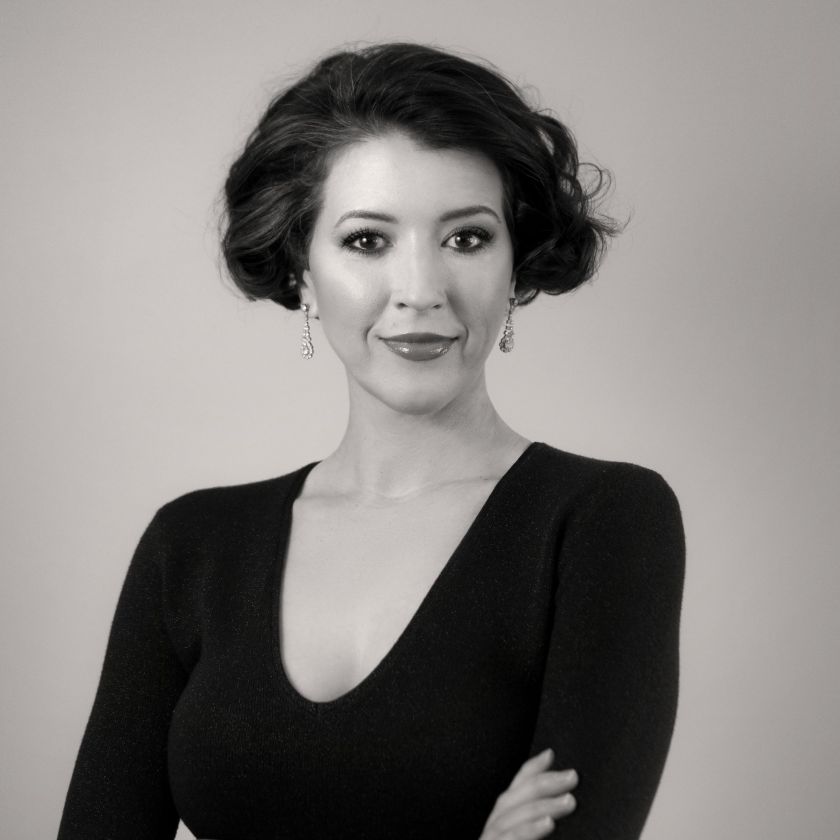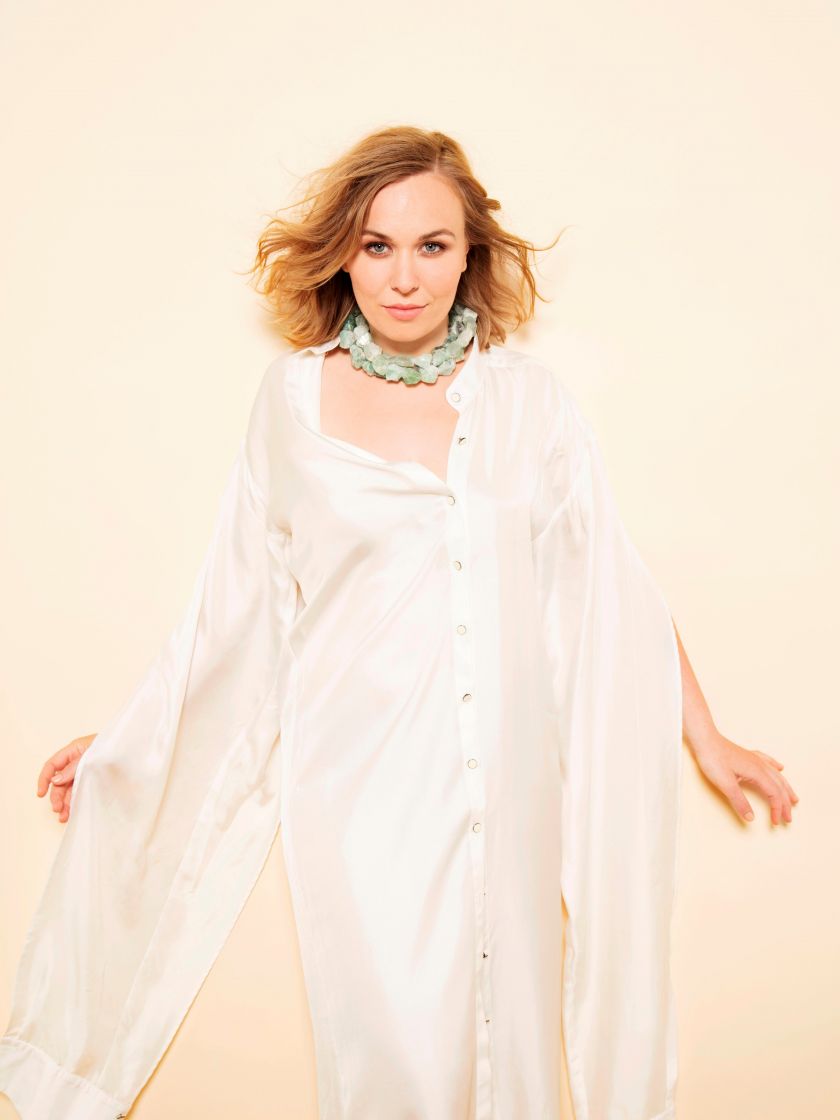Delectable Sounds

Hamlet by Ambroise Thomas and Capriccio by Richard Strauss will be performed in concert.
Hamlet’s revenge and its effects on Ophelia: they are the focus of Ambroise Thomas’ opera Hamlet, which will be performed in concert at the Felsenreitschule during this year’s Salzburg Festival, conducted by Bertrand de Billy. During the composer’s lifetime, Shakespeare adaptations were en vogue, and Thomas also set A Midsummer Night’s Dream to music – and even made the great William appear on stage as a character. He gave the opera Hamlet an equally idiosyncratic spin, making Ophélie appear at eye level with the titular hero and concentrating on the intrigue at the centre of the story. Still, he built the large ensemble scenes and an extensive ballet into the work, following the tradition of the Grand Opéra. Following the French version of the literary tale by Alexandre Dumas the Elder and Paul Meurice, at first he also used their ending, in which Hamlet is proclaimed king. However, Thomas reworked this shortly after the first performance – and now also made Hamlet die instead of being crowned when the first performance took place at the Covent Garden Opera House in London in 1869, now sung in Italian. Thomas assigned instruments to each character; thus, flute and harp stand for Ophélie. The eerie sonic atmosphere surrounding the ghost is emphasized by English horn and baritone saxophone.
Charged Atmosphere. Although following its 1868 premiere, his Hamlet appeared frequently on playbills during the 19th century, the opera was then long forgotten, until its rediscovery during past decades – one recent production at the Opéra de Paris was directed by Krzysztof Warlikowski (who stages The Idiot in Salzburg this summer). When Ambroise Thomas’ Hamlet is performed in concert at the Salzburg Festival, Bertrand de Billy conducts an ensemble including Stéphane Degout as Hamlet and (as in Paris) Lisette Oropesa in the role of Ophélie. The latter sings the most famous scene from the opera: the mad scene “À vos jeux, mes amis”. Jean Teitgen will sing the role of Claudius and Ève-Maud Hubeaux that of Gertrude. The orchestral sound, resplendent with melodic inventiveness and illustrating both dramatic confrontations and atmospheric tensions, will be provided by the Mozarteum Orchestra Salzburg.

The other opera performed in concert this Festival summer in Salzburg is Capriccio by Richard Strauss. In his “conversation piece with music”, which is based on an idea by Stefan Zweig and was implemented by several authors, the composer’s sophistication is as notable as his great talent for wordplay and linguistic nuance. The work also brims with allusions to other works and composers, from Le nozze di Figaro via Tristan und Isolde to Die Meistersinger and Falstaff, but also Gaetano Donizetti and Gioachino Rossini, Jean-Philippe Rameau and François Couperin. Strauss also liberally quotes from his own operas: more than once, the listener is treated to the Marschallin from Der Rosenkavalier and snippets of Ariadne auf Naxos.
Aesthetic Debate. Christian Thielemann, who has called the work one of his favourites, will conduct the Vienna Philharmonic and has announced a semi-staged performance. Elsa Dreisig will sing the role of the Countess, Bo Skovhus that of the Count, Regula Mühlemann is the Italian Singer, Josh Lovell the Tenor. Sebastian Kohlhepp and Konstantin Krimmel compete in the roles of the Musician and the Poet; Mika Kares embodies La Roche, the theatre director. Torben Jürgens sings the role of the Major-Domo.
Capriccio, Strauss’ last stage work, premiered in Munich in 1942 and considered by many his testament in terms of musical drama, is all about the aesthetic debate: what is more valuable in the arts: poetry or music? This question is packaged within the symbolic amorous rivalry between the poet Olivier and the musician Flamand, who are vying for the arts-loving Countess Madeleine in Paris in 1775. Will she be able to decide between the two men, and more importantly, between the two art forms? The performance at the Großes Festspielhaus adds another chapter to the self-reflection within musical theatre which Strauss was aiming for.
Theresa Steininger
Translation: Alexa Nieschlag
First published on 11.05.2024 in Die Presse Kultur Spezial: Salzburg Festival
